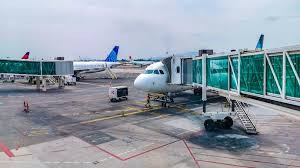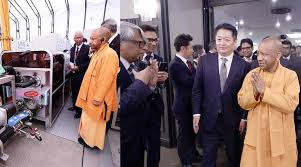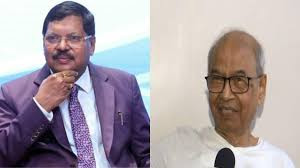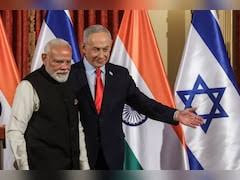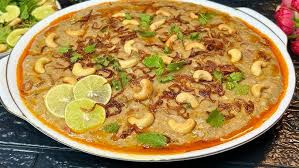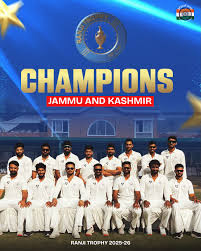Modi Leverages Trinidad & Tobago Visit to Subtly Boost Bihar’s Political Narrative
IIE DIGITAL DESK : July 4, 2025, Prime Minister Narendra Modi embarked on a landmark two-day visit to Trinidad & Tobago—the first official trip by an Indian prime minister to the Caribbean nation in over 25 years. While cementing diplomatic outcomes, the visit featured a carefully crafted cultural overture that also served as a strategic boost for the upcoming Bihar elections.
Touching down in Port of Spain, Modi received a warm ceremonial welcome. He was greeted by Trinidad & Tobago’s Prime Minister, Kamla Persad‑Bissessar, along with 38 ministers, all clad in traditional Indian attire. The airport resonated with Bhojpuri chautaal, a folk song rhythm familiar to many Bihari migrants—performed with drumbeats, manjira, and dholak—creating a striking emotional and cultural connection .
Modi took the opportunity to highlight the deep Indo‑Caribbean links established through indentured labor migration. He referenced local street names like "Patna" and "Banaras," and noted how Hindu festivals like Navaratri, Mahashivratri, and Janmashtami are still celebrated vibrantly in Trinidad & Tobago .
The apex of his messaging arrived with an affectionate nod to PM Persad‑Bissessar’s roots. Modi referred to her as "Bihar ki Beti"—the "daughter of Bihar"—drawing attention to her lineage tracing back to Buxar district. He underscored that her ancestors emigrated from Bihar, and that she had herself previously visited the region. By weaving her identity into Bihar’s cultural fabric, Modi amplified pride in the state’s global heritage.
With these remarks Modi subtly positioned Bihar as a wellspring of international influence, tying the diaspora’s legacy to the state’s forthcoming political agenda. He praised Bihar’s historical contributions in democracy, diplomacy, and education, and spoke with pride about new opportunities emerging from the region. Major announcements included extending Overseas Citizenship of India (OCI) eligibility to sixth-generation diaspora members—a move aimed at reinforcing emotional ties to India.
Further enhancing cultural symbolism, Modi gifted a replica of the Ram Mandir and sacred Sarayu River water to the Trinidad & Tobago government. Earlier, he had brought folk-dance performances and honored local winners of the Bharat Ko Janiye quiz—young ambassadors of Indo‑caribbean pride.
On the diplomatic front, he attended a Guard of Honour, met with Persad‑Bissessar, and prepared to address both Houses of Parliament. Agreements in energy, health, digital finance, and renewable energy were also on the agenda—extending India’s influence and economic reach.
Yet the political subtext was unmistakable. With Bihar’s state elections approaching, Modi crafted an emotive South-block to highlight Bihar’s prominence and its diaspora’s achievements—an elegant fusion of cultural diplomacy and domestic electoral messaging.
Modi’s Trinidad & Tobago visit played on multiple levels: reinforcing India’s global connections, celebrating shared heritage with the diaspora, securing bilateral cooperation, and subtly reminding Bihar voters of the state’s international identity and political importance—all woven into a compelling mix of folk rhythms, ancestral pride, and strategic symbolism.
You might also like!





